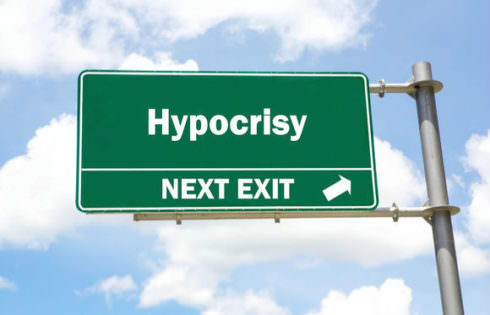
Legal nerds could have a field day with this: Hans Bader, a former official in the Department of Education’s Office for Civil Rights who handled Title IX complaints, lays out all the legal spillover effects that “yes means yes” sexual-consent laws could have.
Writing at Liberty Unyielding, Bader cites court rulings from around the country that show how state-mandated “dirty talk,” like California recently enacted, could constitute violations of not only the First Amendment via “compelled speech,” but also:
- “violations of the Fourteenth Amendment ban on sexual harassment by state governments,” recognized in two federal appeals courts
- state-mandated verbal “conduct of a sexual nature” that is “unwelcome,” recognized as legally actionable under Supreme Court precedent
- state-mandated sexual harassment against men because they are presumed guilty, as a federal court in Illinois ruled concerning a harassment and diversity training ceremony that created a “sexually hostile” environment for men, and as the 2nd Circuit ruled for discipline against a worker based on his gender
Bader, now counsel at the Competitive Enterprise Institute, even cites the Supreme Court’s affirmation of gay sex in Lawrence v. Texas to show how problematic it is legally to mandate affirmative consent:
In light of the privacy, free-speech, and sexual-harassment problems that can result from SB 967, its regulation of “sexual activity” should be construed as narrowly as possible to encompass only ultimate sex acts, not things like touching someone’s breast. Unlike sex, which is usually a mutual activity reflecting implied agreement, touching is seldom preceded by “agreements” in the real world.
Read the Liberty Unyielding article.
Like The College Fix on Facebook / Follow us on Twitter






Please join the conversation about our stories on Facebook, Twitter, Instagram, Reddit, MeWe, Rumble, Gab, Minds and Gettr.